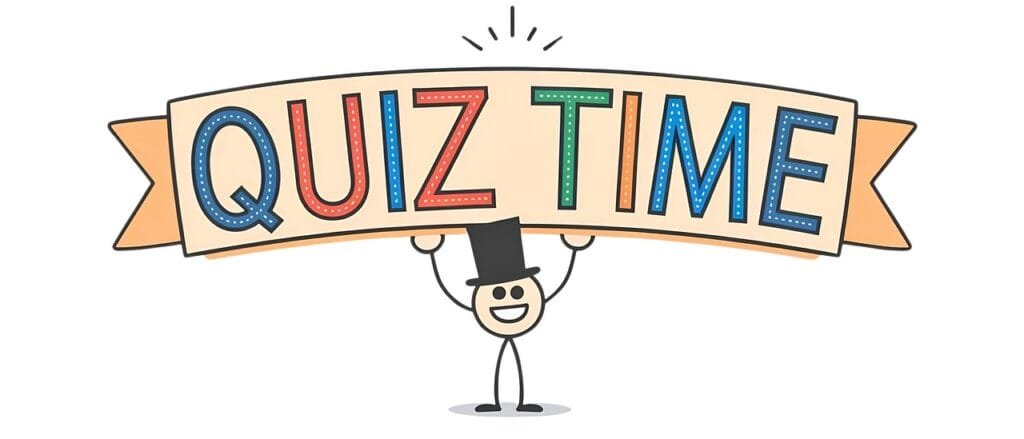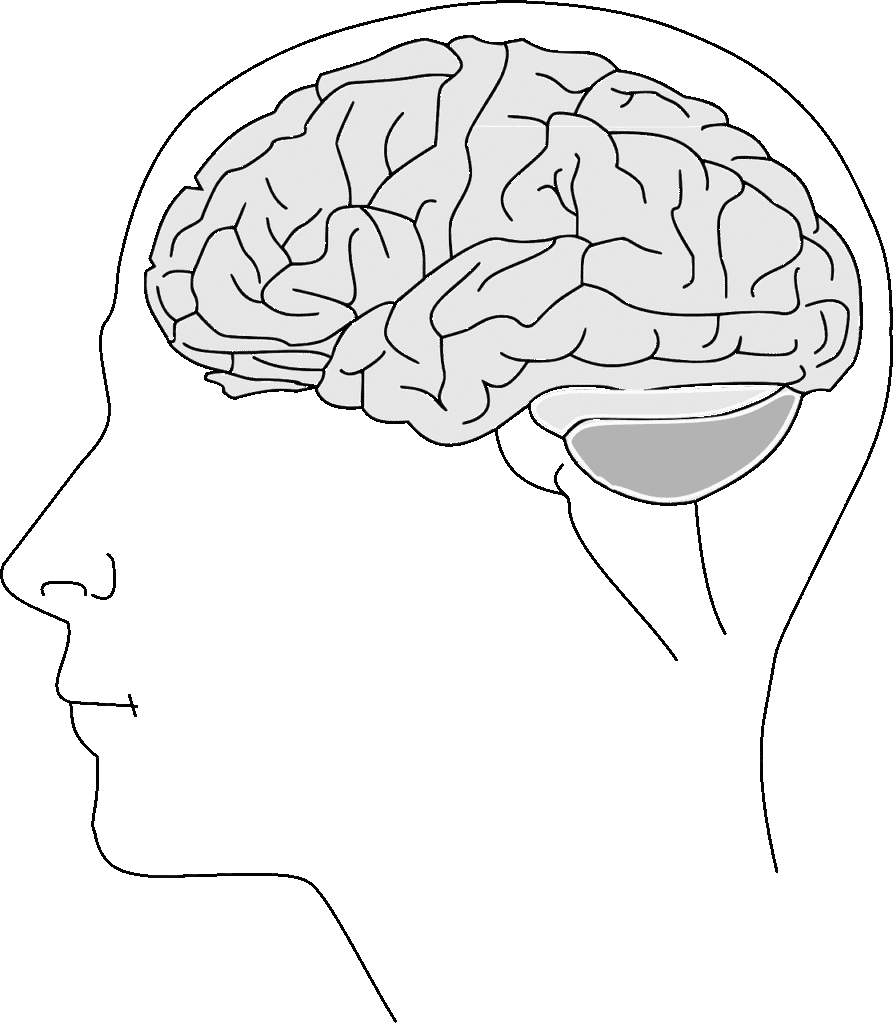cc5b9Quiz: Is your Brain Environmentally Friendly?

You believe in sustainability, but why does making small changes feel surprisingly hard?
This short quiz may help you find what might be getting in your way and how to overcome it.
It’s designed to spark thought, discussion, and reflection, not to replace professional advice. If you are experiencing high levels of anxiety over climate change, please seek professional support.

Everyone’s situation is unique — please use judgment.
Quiz: Is your Brain Environmentally Friendly?
#1. 1. When you think about switching to something more eco-friendly, you feel:
Intro:
You believe in sustainability, but why does making small changes feel surprisingly hard? This short quiz may help you find what mental habit might be getting in your way and how to overcome it.
#2. 2. When faced with change, you tend to:
#3. 3. Which statement sounds most like you?
#4. 4. What’s most likely to get you to try something new?
Results
Mostly A: Status Quo Bias
You like sticking with what works. Your brain avoids unnecessary change, even when the new option is better. Start small and build new routines slowly.
Mostly B: Cultural Framing & Identity
You’re shaped by what’s “normal” or “modern.” Changing habits feels like going backward. Try reframing the change as progressive, not regressive.
Mostly C: Psychological Inertia
You don’t resist change—you just put it off. Build momentum with tiny steps and easy cues. Be more specific. Instead of saying, “I’m going to plant a native garden,” say, “Tomorrow, I’ll stop in at the seed place and buy some varieties. Perhaps the staff can help me choose.”
Mostly D: The Value-Action Gap
You care deeply, but habits get in the way. Guilt isn’t the answer — self-compassion and curiosity are. Reflect on your “why” and start experimenting.
After Quiz
So, Quiz: Is your Brain Environmentally Friendly?
If you’re an A, B, C or D’ist
Try a few of these easy swaps. They’re like gentle push-ups for your eco-mindset — small moves that build a stronger sustainability muscle over time.
10 Simple Swaps to Start Retraining Your Brain for the Environment
You don’t have to go zero-waste overnight — just start with a few easy changes that nudge your habits in a more sustainable direction. These small swaps act like brain training for greener living.
GARDENING:
Swap: Grass lawn → Clover, native plants, or edible ground cover Why: Less mowing, less watering, more pollinators. Your brain stops equating a “nice yard” with high-maintenance turf.
KITCHEN:
Swap: Paper towels → Cloth rags or tea towels Why: You’ll start reaching for reusable options without even thinking about it.
ENERGY USE:
Swap: Leaving appliances on standby → Switching them off at the wall Why: It’s a tiny action that reminds you how energy adds up invisibly.
SHOPPING:
Swap: “I might need this” → “Do I already own something that works?” Why: It builds mindfulness into your purchases and rewires impulse-buy habits.
BATHROOM:
Swap: Liquid soap in plastic pumps → Bar soap. Why: Less packaging, often lasts longer, and it breaks the disposable-container reflex.
FOOD STORAGE:
Swap: Plastic wrap → Reusable containers or beeswax wraps Why: You’ll start to automatically choose the option that doesn’t get tossed.
CLEANING:
Swap: Harsh chemical cleaners → Vinegar, baking soda, or refillable eco-brands Why: Cleaning becomes a less toxic, more intentional activity.
LAUNDRY: 🧺
Swap: Dryer → Clothesline or drying rack (even part of the time) Why: It saves energy and makes you more aware of usage patterns
TRANSPORT:
Swap: One short car trip per week → Walking or biking instead. Why: Gets you thinking about defaulting to human-powered transport where possible.
TECH USE:
Swap: Constant scrolling → A podcast or video on sustainability once a week. Why: It plants seeds and builds awareness in moments that would otherwise pass unnoticed.
If You’re a“None of the Above”
Not Sure What’s Holding You Back?
If you answered “None of the above,” you’re not alone. Sometimes the biggest barriers to change are harder to name. They might not be about habits or knowledge — they could be emotional, cultural, or even deeply practical. Here are a few things to consider:
Mental Bandwidth
When life feels overwhelming, even small changes can feel like “one more thing.” If your brain is in survival mode (parenting, caregiving, chronic stress, burnout), eco-decisions can fall to the bottom of the list. That doesn’t make you uncaring — it makes you human.
Further Reading:
Why your brain resists climate action — and how to fix it (Grist) Eco-anxiety, burnout, and the mental toll of climate change (BBC)
Cultural Norms & Habits
Maybe you were raised in a “don’t waste food” household… but also in one that prized meat with every meal. Or you live in a rural area where convenience is survival. These aren’t failings — they’re part of your context. Sometimes we need to unlearn before we can act.
Further Reading:
The Psychology of Sustainable Behavior (University of Minnesota PDF)
Access & Affordability
Wanting to make a swap doesn’t always mean you can. Cost, time, and geography are real barriers. If stores near you don’t stock alternatives, or you’re on a tight budget, the sustainable option might feel out of reach. That’s not a personal failure — it’s a system issue.
Resource Highlight:
Buy Nothing Project — Explore ways to access what you need without buying new.
Mixed Messages
Sustainability advice can feel like a firehose — “Use cloth bags!” “Avoid almond milk!” “Solar panels or bust!” — which makes it easy to shut down or tune out. It’s okay to take a breath and focus on one thing at a time.
You don’t have to have it all figured out. Start with one question:
What’s something small I can do that feels possible this week?
For More on this: Sustainability: Why your Brain isn’t cooperating




